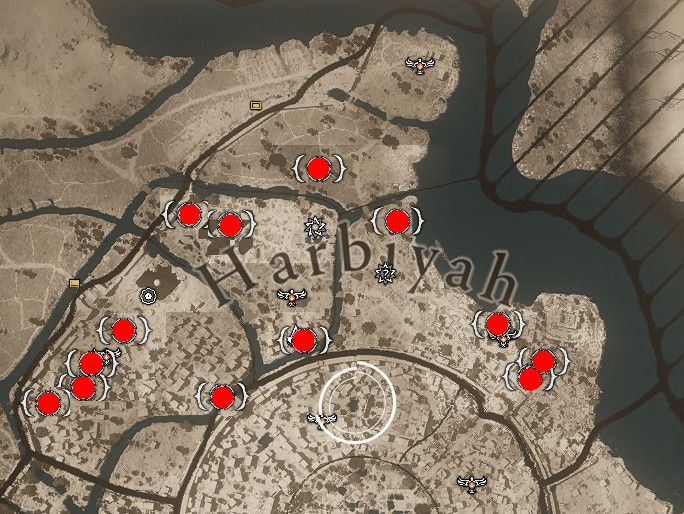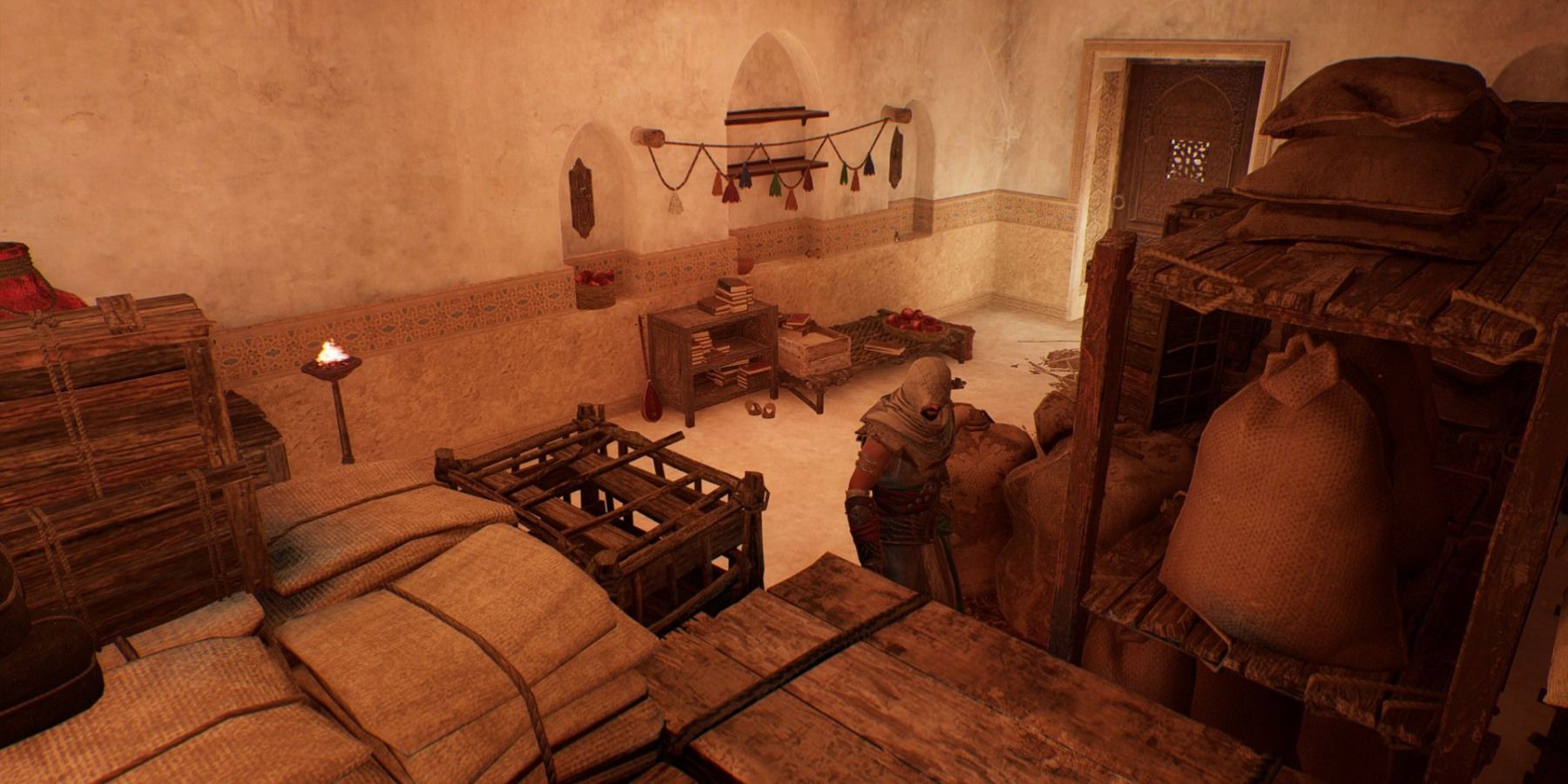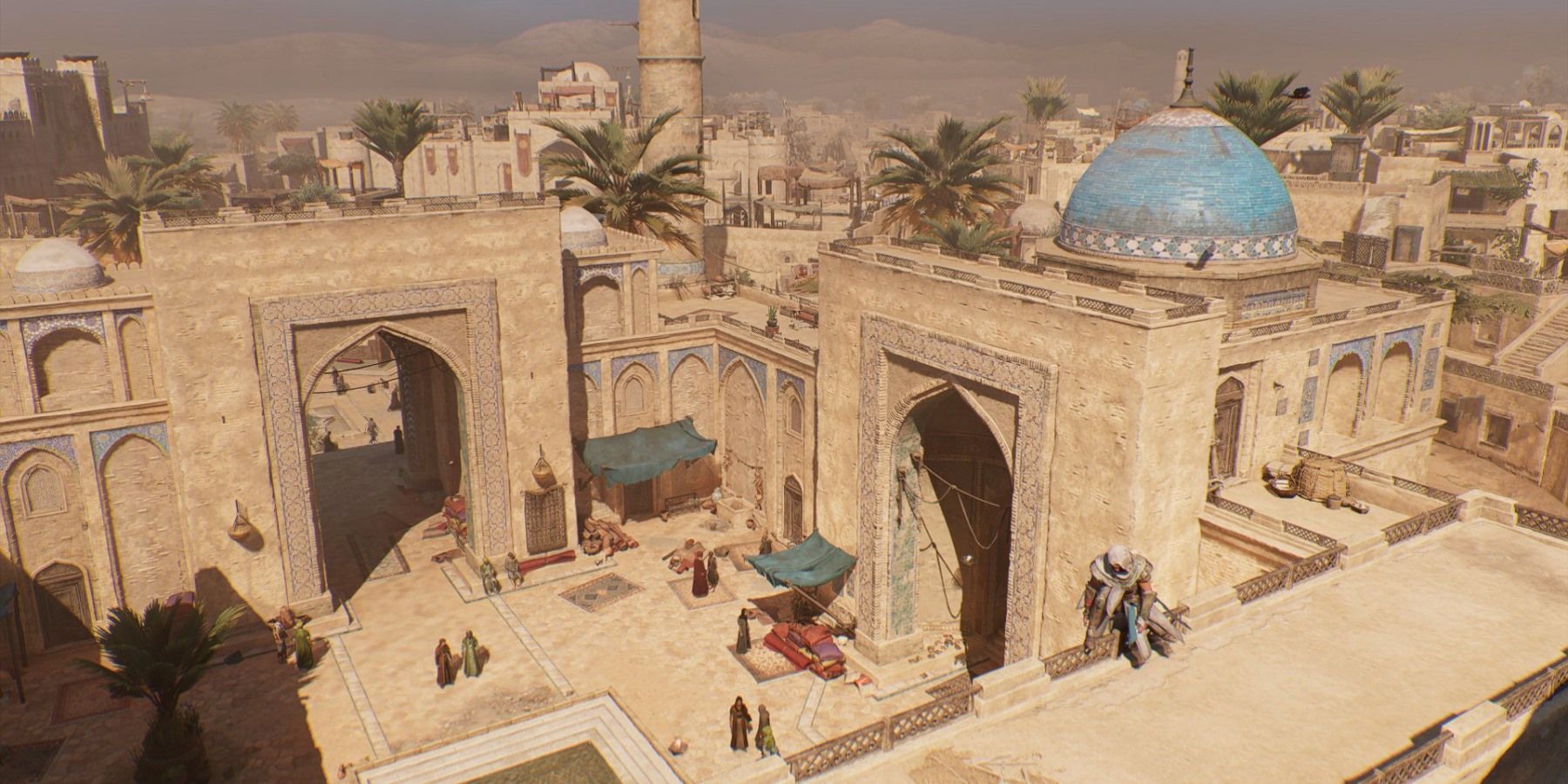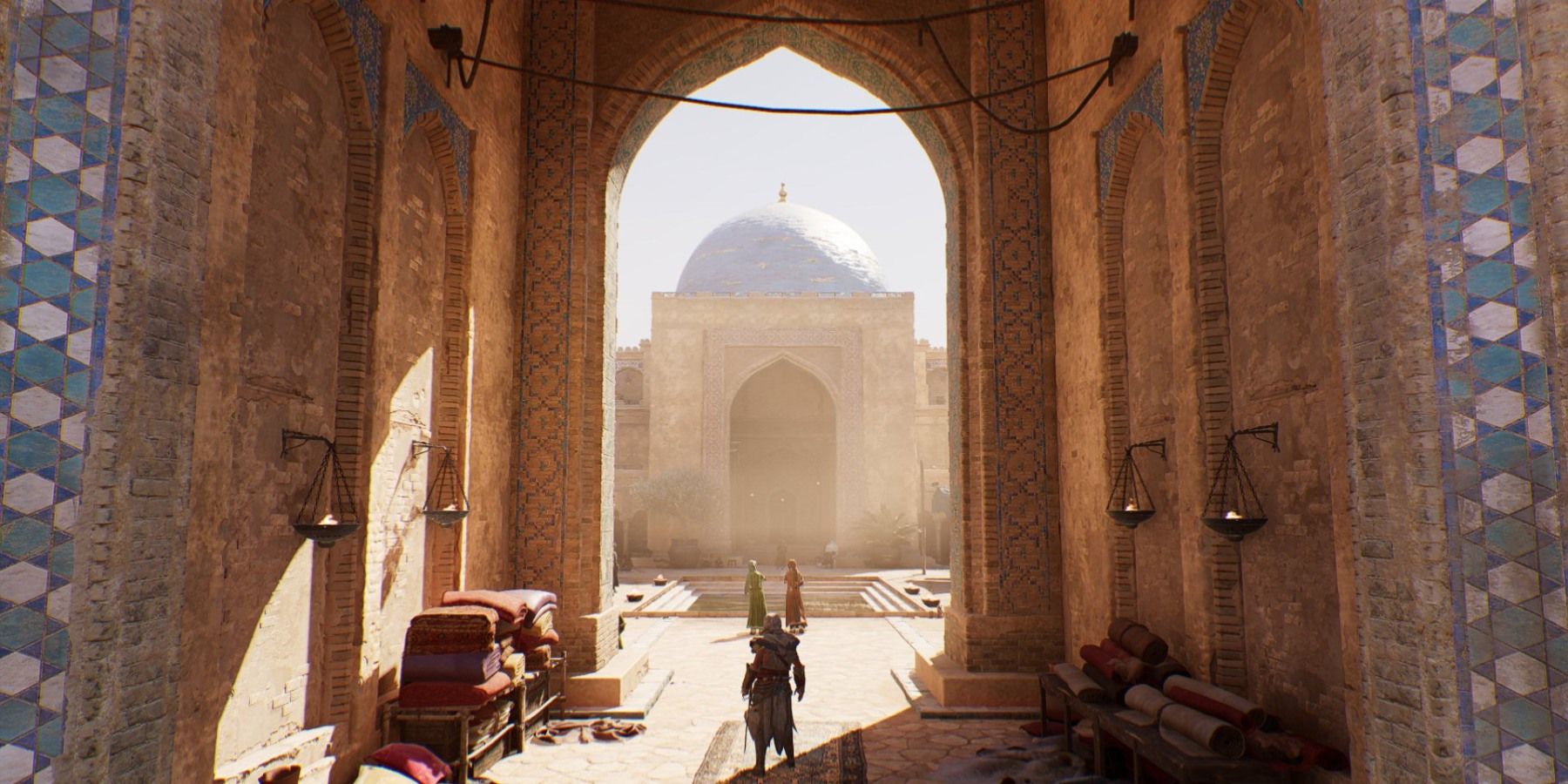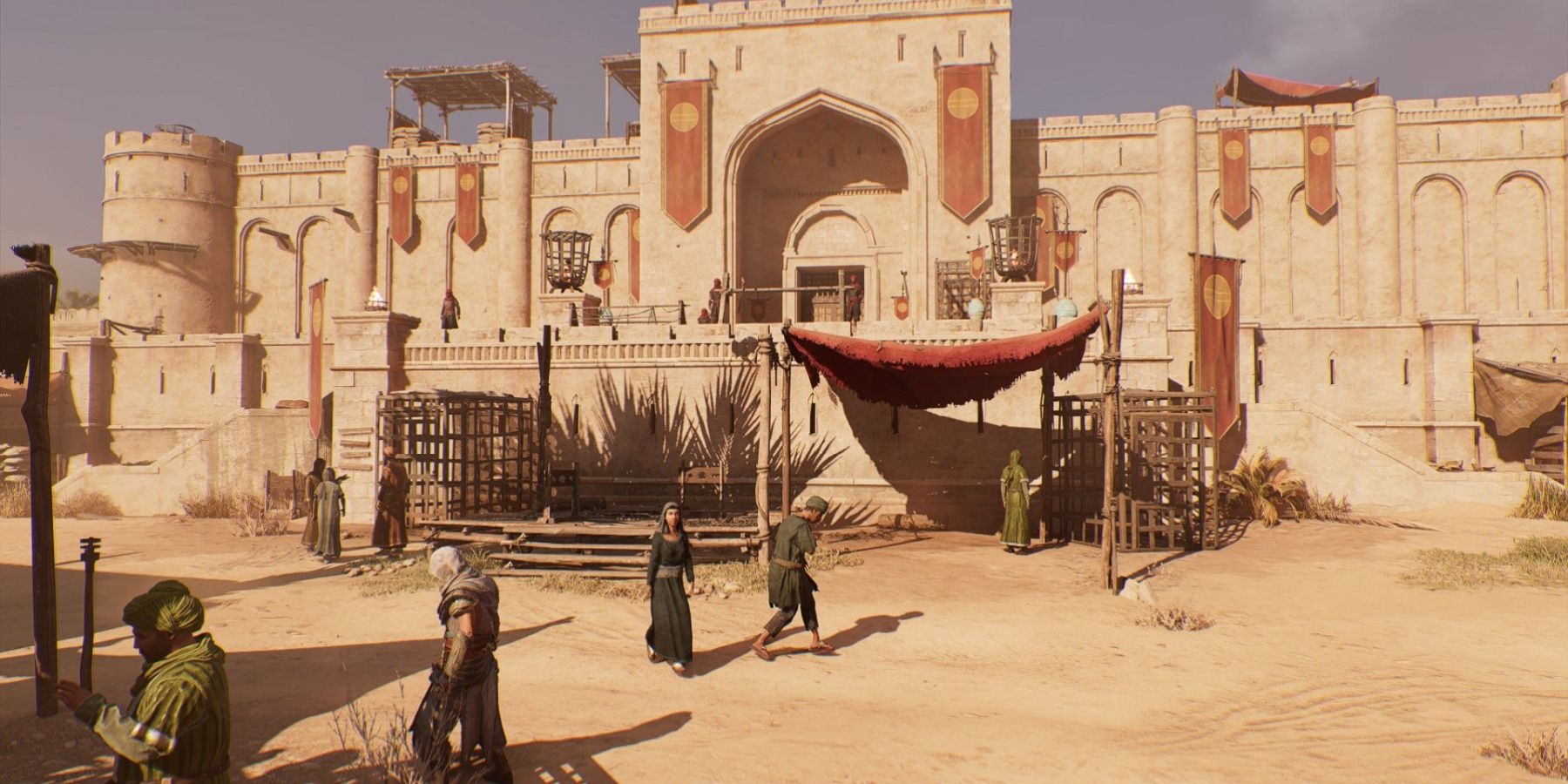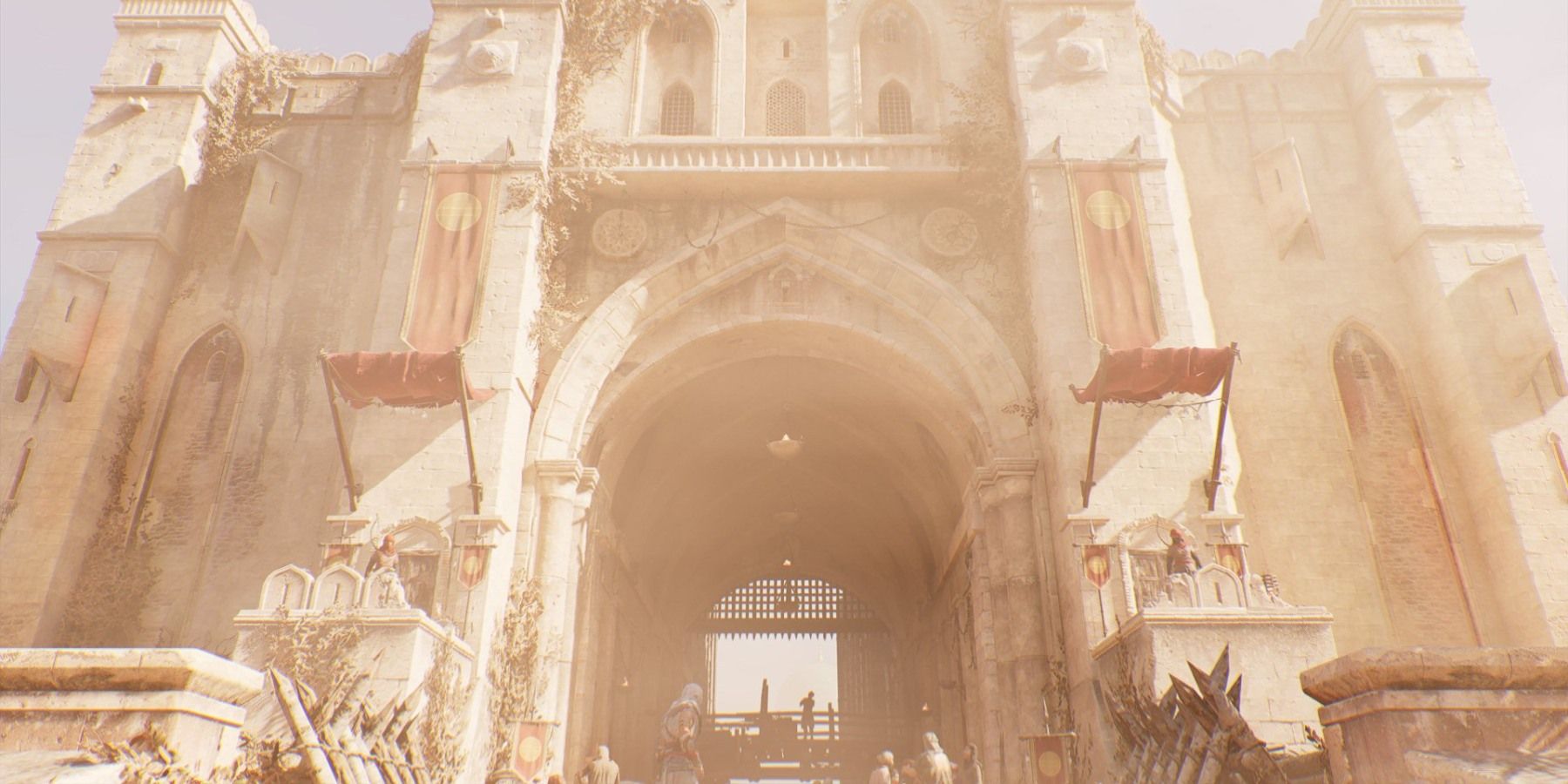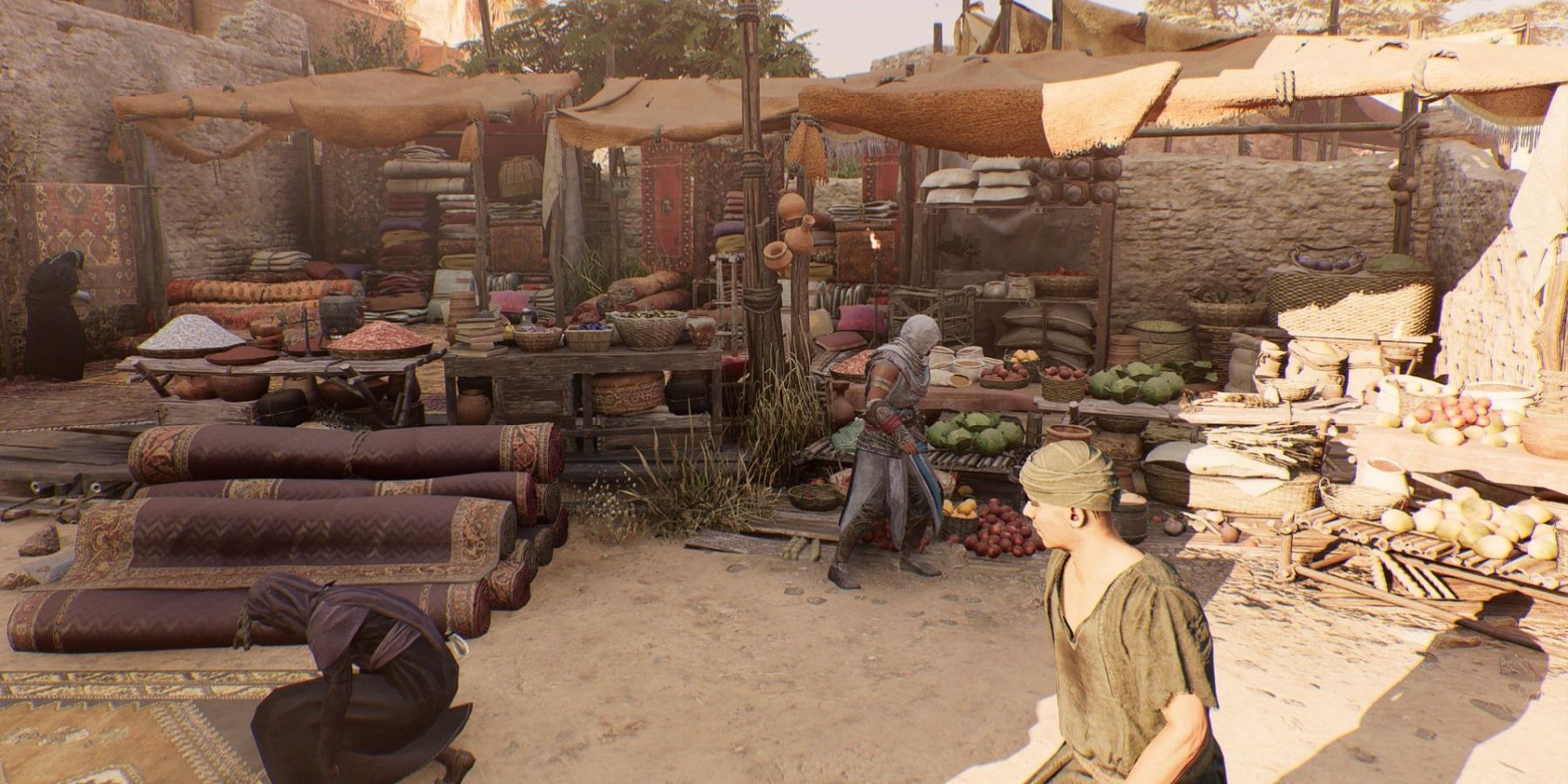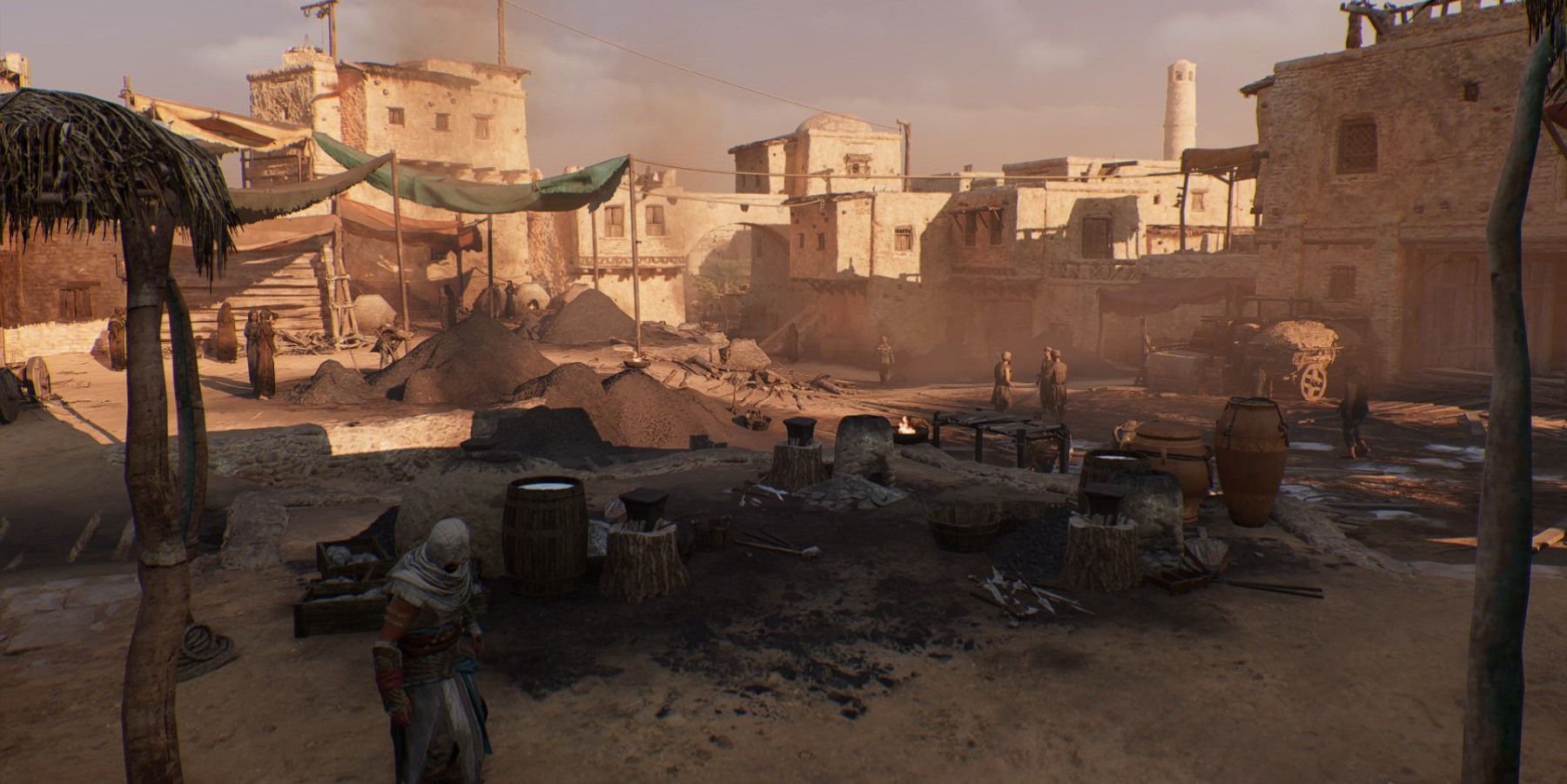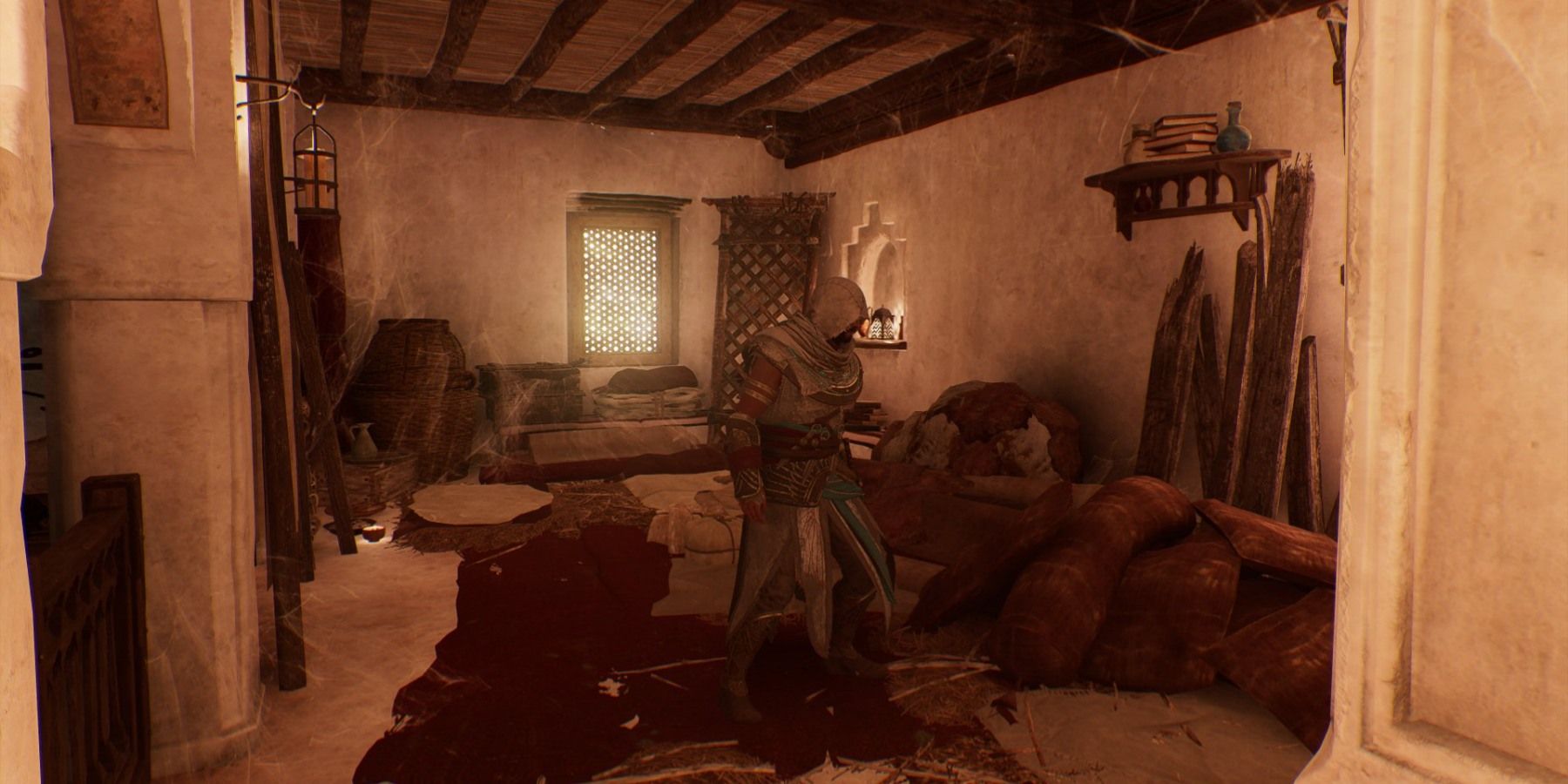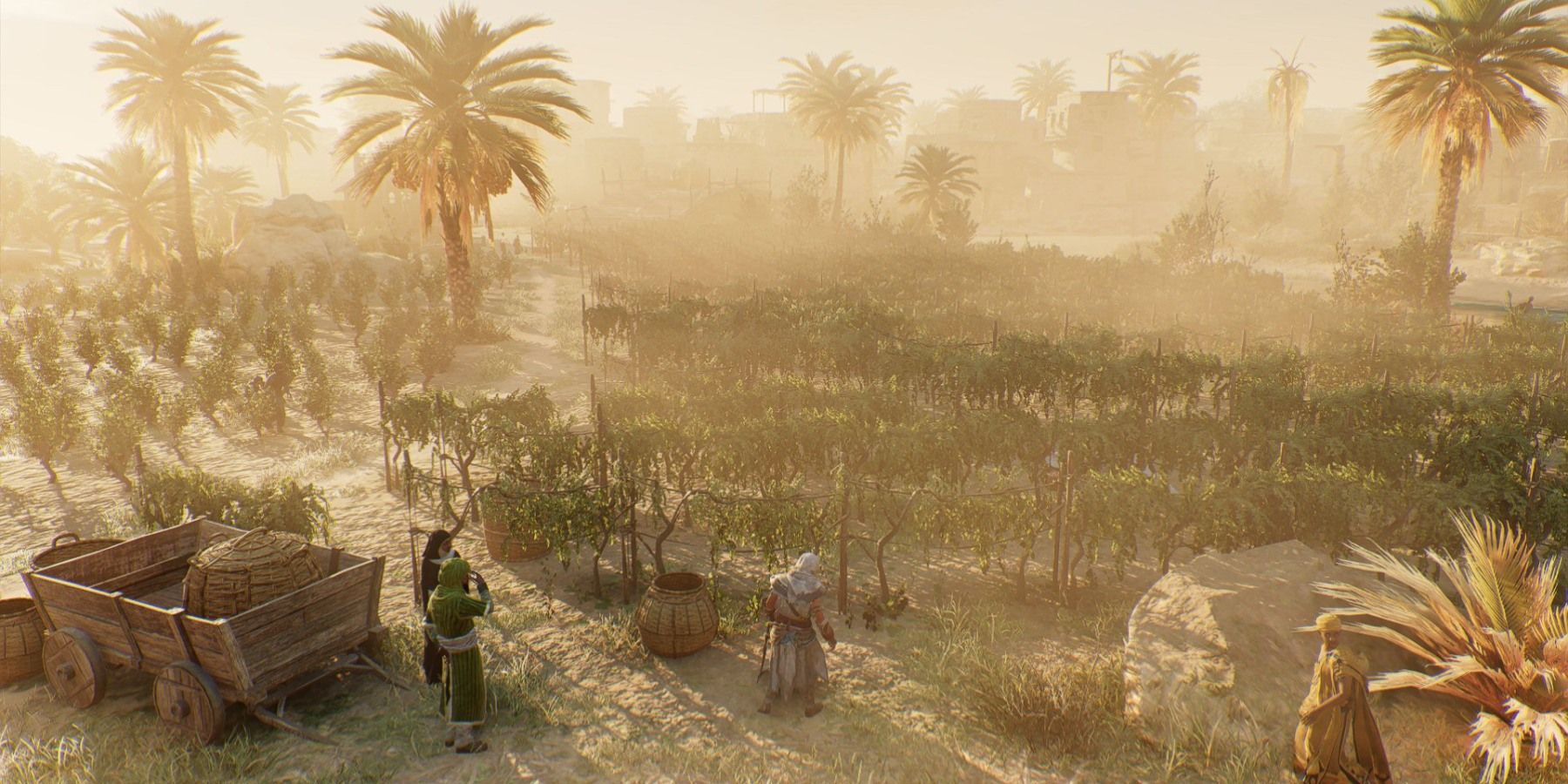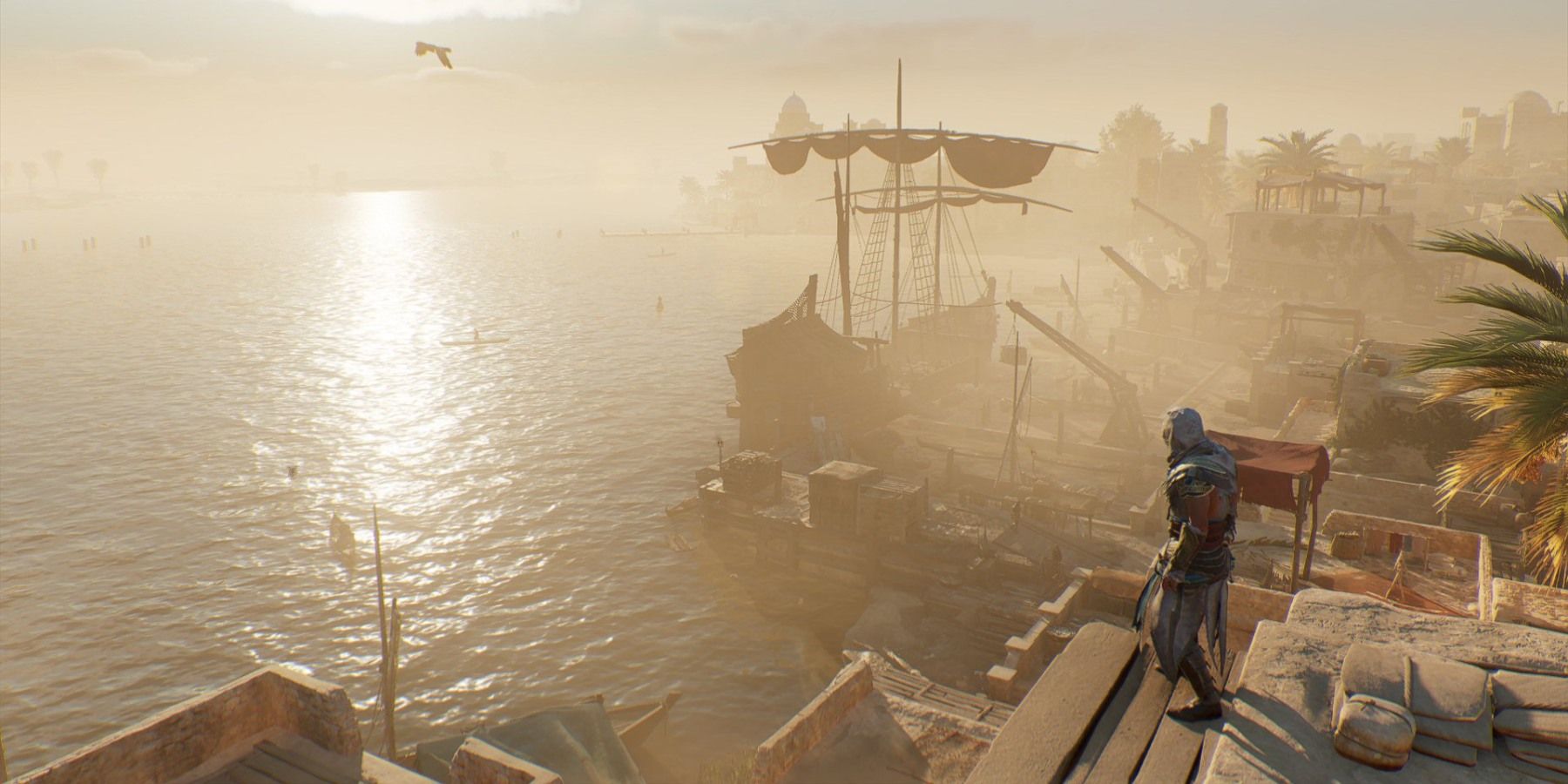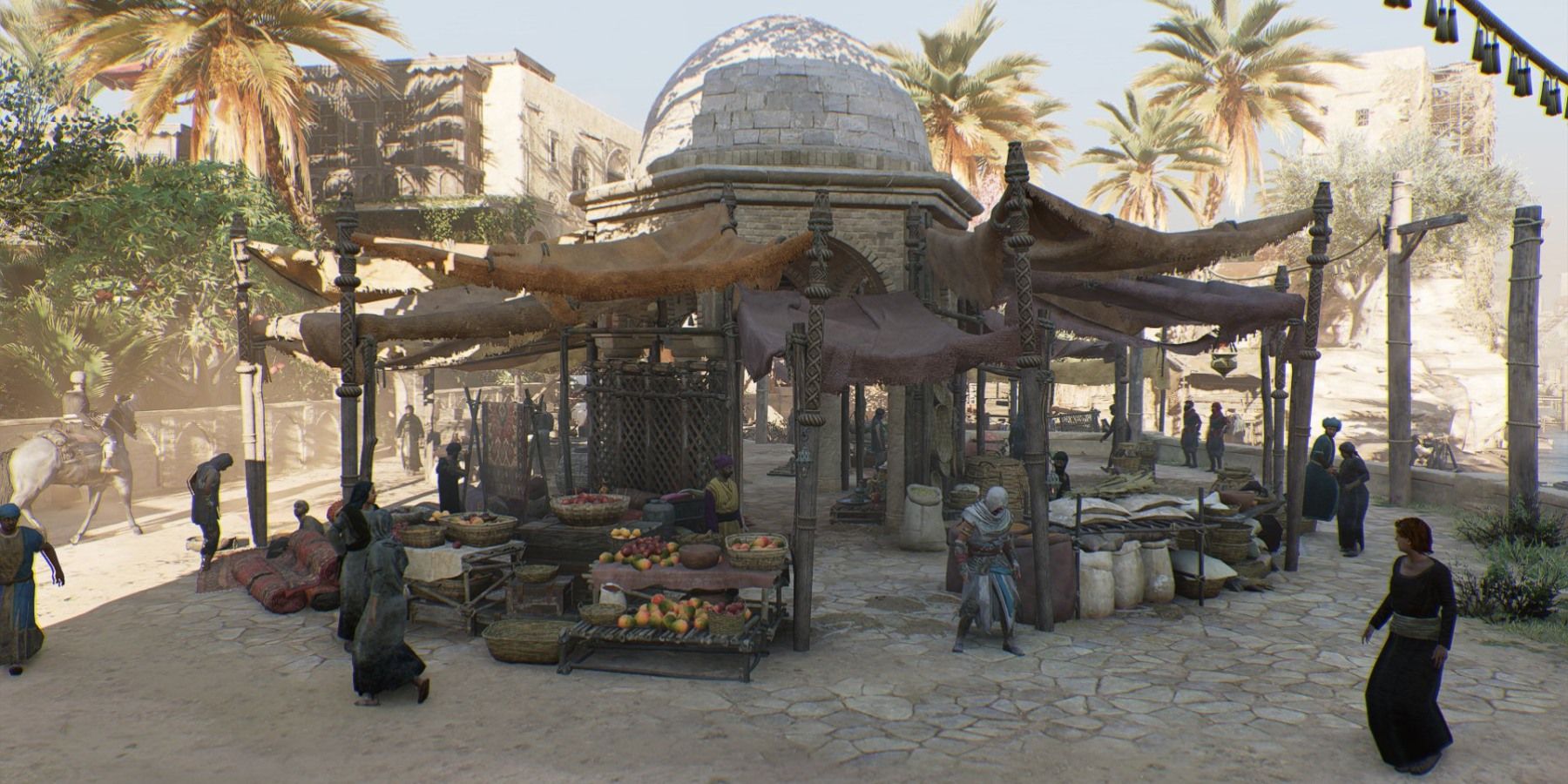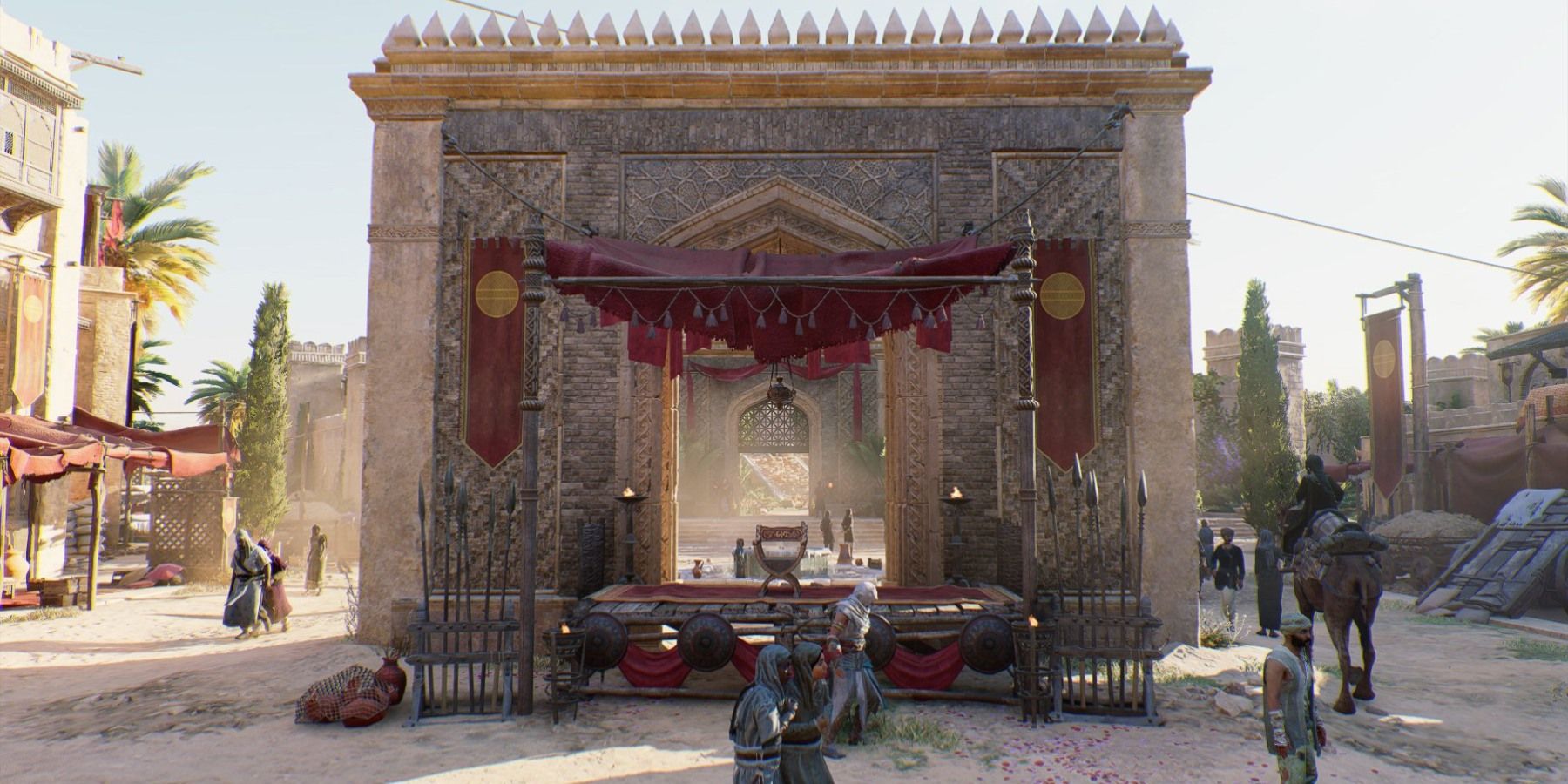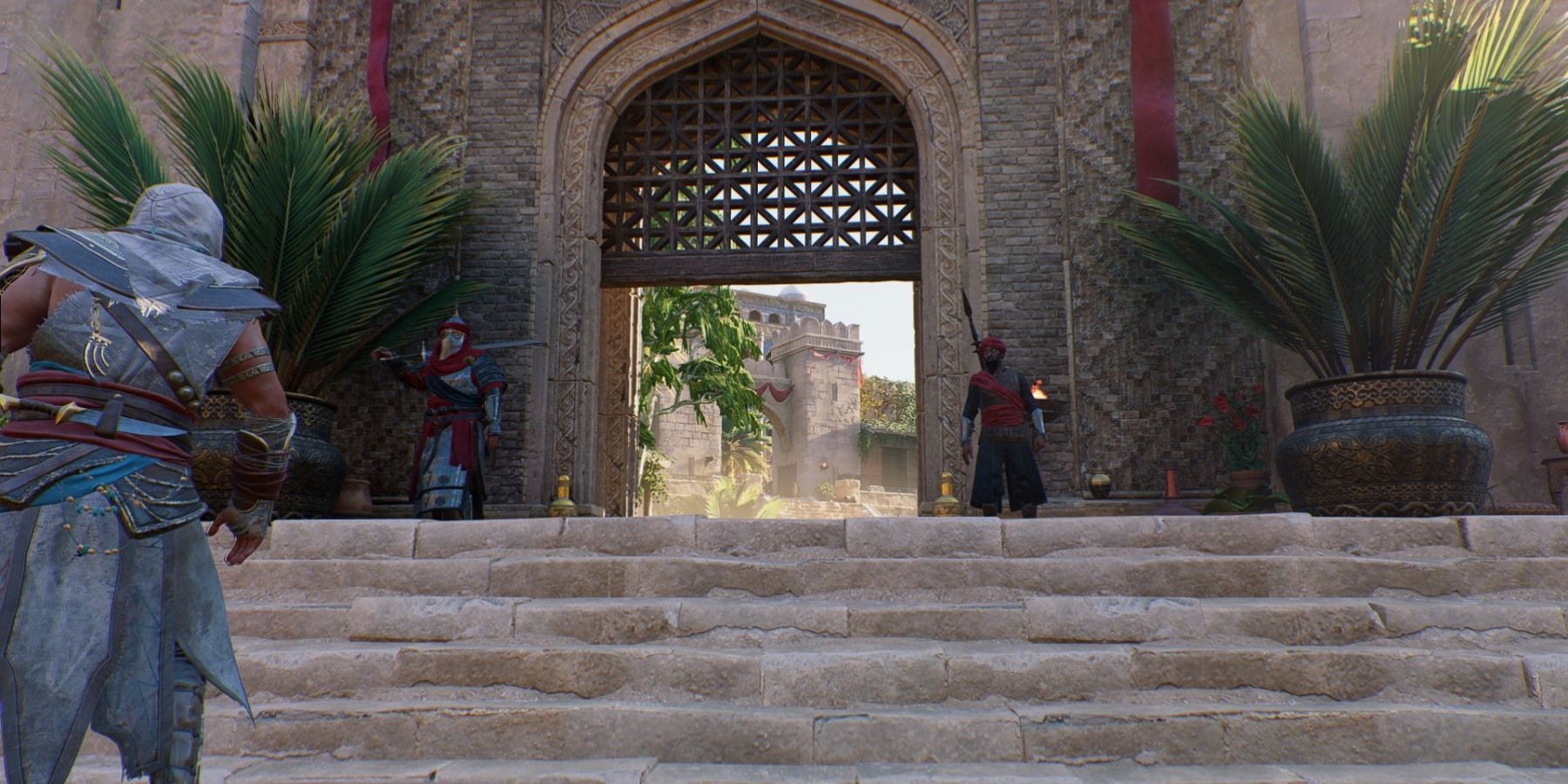
Unlock the Secrets of Harbiyah: Discover Every Hidden Historical Site in Assassin's Creed Mirage

Uncover the rich history of Harbiyah in Assassin's Creed Mirage, as you explore its iconic historical sites and delve into intriguing topics like the Hajj, Pillars of Islam, Abbasid Revolution, and maritime trading Immerse yourself in this captivating world and unlock the secrets of the codex
The Harbiyah District serves as the initial region in Assassin's Creed Mirage, marking the game's true open-world experience where players can embark on collecting various items. Among these collectibles are the historical sites, which were meticulously crafted based on extensive research of Abbasid-era Baghdad. These historical sites, totaling 13 in Harbiyah, are strategically scattered throughout the district for players to discover and explore.
The Harbiyah Map
Kalila and Dimna
While players do not need to physically approach historical sites in order for them to appear on the map like gear chests or enigmas, locating all of them can still be challenging. This is because historical sites only show up in areas that have been revealed and at the closest zoom level. The map provided highlights all 13 historical sites in Harbiyah, marked with red indicators.
Situated on the western end of the district, lies a significant historical site. Enclosed within a small room, this site features an intriguing architectural design with a pair of doors adorning each side. It is worth noting that while one of the doors remains securely barred, the other stands ajar, inviting curious visitors. Moreover, this room serves as the abode of one of the captivating Harbiyah enigmas. Delving into the codex entry, one discovers that this site holds a profound significance as it unravels the tale of Kalila and Dimna – legendary characters from renowned stories penned to impart wisdom and guidance to the scions of caliphs, training them in the art of governing the illustrious Abbasid Empire.
Hajj (Pilgrimage to Mecca)
This historical site is on the roof of the Great Mosque. It describes the Hajj, the pilgrimage to Mecca that most Muslims are expected to undergo at least once in their lives.
Pillars of Islam
Situated at the entrance of the Great Mosque, another significant historical site can be found. The Pillars of Islam form the fundamental principles of the faith, encompassing devotion to God, prayer, acts of charity, a month dedicated to fasting, and the revered pilgrimage known as the Hajj.
Prisons
Players will discover this historical site on the street opposite the Damascus Gate Prison. The Abbasid prisons, though dismal, predominantly housed debtors and petty wrongdoers, as severe crimes were often met with execution.
Abbasid Revolution
Make your way to the Damascus Gate of Baghdad, and you'll stumble upon a remarkable historical site. Discover the spot just beyond the point where the guards' hostility begins to fade. This site unveils the fascinating story of the Abbasid dynasty's triumph over the preceding Umayyad Caliphate, following their unsuccessful attempt to quell a rebellion in North Africa.
Emporium of the World
This historical site may be the first one encountered by players as it is located just inside the gate where they begin after leaving Alamut. Being at the heart of an empire that served as a crucial intersection between the East and West, the markets of Baghdad offered a vast array of exotic goods such as Russian furs, African ivory, Indian spices, and Chinese ceramics.
Ceramics and Lustrewares
The Banu Musa Brothers
This site is located in the Metal Factory area's northwest corner. It is worth noting that Abbasid artisans initially replicated Chinese porcelain, but they eventually developed a unique lusterware technique, which bestowed a metallic gleam upon their pottery.To locate this historical site, make your way to the Harbiyah Hidden Ones Bureau and ascend to the second floor. On the left, within a storage room, you shall locate a shimmering dot. Its codex entry unveils the intriguing tale of the Banu Musa brothers, a remarkable trio who received an exceptional education at the esteemed House of Wisdom and left an indelible impact upon the realms of science and politics.
Alcohol Production and Consumption
Head north towards the Nestorian Monastery to discover this remarkable historical site nestled amidst scenic vineyards. Despite the clear prohibition of alcohol by Prophet Mohammad, ingenious methods have emerged within various Muslim societies, such as the Abbasid Caliphate, to creatively navigate around the rules and savor a few indulgent beverages.
Maritime Trading
The historical site can be found on a rooftop located in the northwestern area of the docks. The Tigris River played a crucial role in facilitating trade and contributing to the prosperity of Baghdad. Ships traveling across the Indian Ocean and extending as far as Indonesia were responsible for bringing significant trade and wealth to the city.
Expansion of Islam Through Trade
Greeks Bearing Gifts
- The site is located just north of the eastern Harbiyah viewpoint, inside a magnificent pagoda filled with a wide array of goods. Islam's influence, which extends beyond imperial conquests, can be attributed to its embrace of a valuable code of mercantile ethics, promoting peaceful spread through the intricate network of trade lanes.Located in the vicinity of the Prince's Palace, this site occupies a prominent position facing a small stage in the plaza. It bears witness to the affluent Abbasid Empire which was on the receiving end of a myriad of extraordinary gifts and delegations from far-flung empires seeking to tap into its formidable military prowess or gain access to its extensive trading networks.
A Difficult Succession
The last historical site in Harbiyah is located near the steps leading to the Prince's Palace. It is positioned at a distance where the guards can shout but not launch an attack. This site provides an account of the process by which any male member of the Abbasid dynasty could ascend to the position of caliph. While certain successions were smooth and well-organized, numerous others were marked by internal conflicts, assassinations, and coups.
Assassin's Creed Mirage is currently accessible on PC, PS4, PS5, Xbox One, and Xbox Series X/S.
